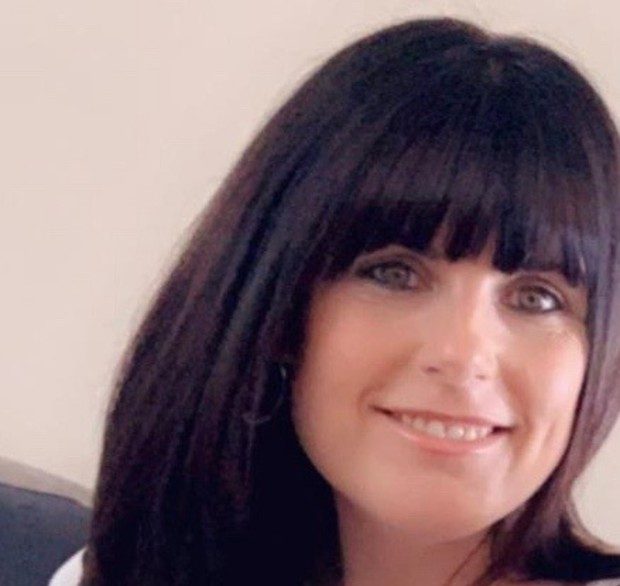Kellie Oldfield is an advanced social work practitioner in Bury. Here, she talks about her experience of the National Assessment and Accreditation System (NAAS), sharing advice for those still unsure of taking the accreditation.

What NAAS means to me
NAAS was launched to enable child and family social workers to continue to develop the skills and knowledge to improve outcomes for children and families. It aims to provide social workers with a better understanding of their current level of knowledge and skill, highlighting strengths and areas for development, and supporting employers to continue to raise the national standard and consistency of practice.
I became one of the first social workers to volunteer for NAAS, due to curiosity about how I could best progress my learning and development. I wanted to know what it entailed so I attended an initial interest meeting to find out more.
NAAS, for me, is all about professional development. It's helped me to reflect on my practice and the Post-Qualifying Standards (PQS). It’s also enhanced my expertise and knowledge as a social worker.
I've gained a great deal through achieving the accreditation. I see it as a positive for the social work profession. It's a benchmark of good practice across the board. Every family and child we work with should receive the standard specified in the accreditation or above.
Things to consider when approaching the assessment
Below, I share some tips for social workers on how they may choose to approach NAAS.
Don’t fear the word ‘assessment'
I know many of you will fear the word ‘assessment’. Let’s face it – the idea of any assessment is daunting. But given many of us have now gone through the process and have the insight, you can gain a much better understanding of what the assessment entails. And I can’t stress enough how much of it covers what you are already doing each day.
Reach out to your manager
I’d be lying if I said I didn't have the usual reservations around taking an assessment. After all, it is human nature. But my worries faded thanks to the fantastic support from my local authority. They reassured me that it wasn't about a ‘pass’ or ‘fail’ but a ‘met’ or ‘not met yet’. If it was a ‘not met yet’, then they would work with me to look at my development areas to support me to retake and achieve a ‘met’.
Give yourself time to prepare
Make the day as easy as possible. Get a good night’s sleep, allow plenty of time to arrive and read all the questions carefully.
Take advantage of the support available
To be as prepared as you can, take advantage of the support available. Look at the information on GOV.UK, talk with your line manager and/or NAAS lead and seek out those that have already taken the assessment for further insight.
Don’t overthink it, this is what you do every day!
Remember, you’re a qualified social worker. You do this work every day.
Kellie became an advanced practitioner in January 2018. She joined the Bury Children's Services Safeguarding team in September 2009. Before this, she worked as an outreach worker and nursery nurse.